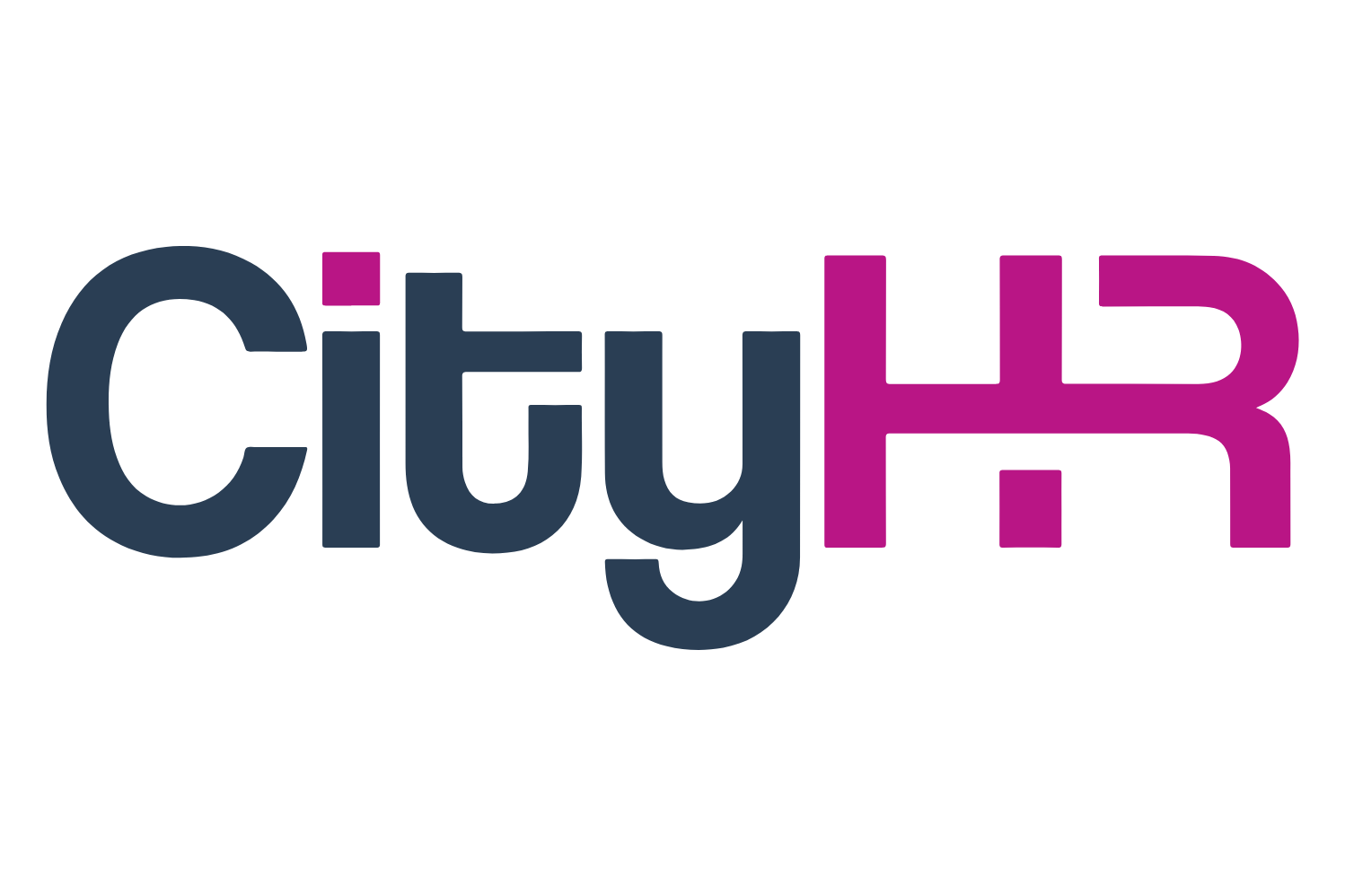Oakleaf sat down with Emily Chakley – Senior Associate – Employment Law at Charles Russell Speechlys LLP and member of the City HR Association in an insightful discussion on this topic.
Alex Wade, who specialises in placing Executive and Senior HR interim Talent took the opportunity to delve into what we can expect from the new government’s legislation changes.



Emily Chalkley
Employment Law at Charles Russell Speechlys LLP and member of the City HR Association
What key legislative changes can we expect in the workplace with the new Labour government?
The Labour government is poised to introduce transformative changes to employment law, heralding a new era for workplace rights. Arguably the standout change is the proposal to make protection from unfair dismissal a day-one right. This will eliminate the current two-year qualifying period and mark a historic departure from qualifying periods which have been a feature of unfair dismissal (albeit of varying lengths) since it was first legislated in 1971.
The government is also setting its sights on enhancing family-friendly policies, with a review of the parental leave framework on the cards. Their vision includes a likely abolition of the six-month service requirement for parental leave and a bolstering to the protection offered to new mothers by safeguarding them against dismissal for six months post-maternity leave, save for some yet-to-be-specified exceptional circumstances.
What timeframes are we working to?
Labour is acting swiftly on employment law reform, targeting their first 100 days for introducing the Employment Rights Bill which encapsulates many of their proposed changes. While the Bill will undergo the usual parliamentary rigmarole before anything in it takes effect, changes to unfair dismissal rights could be fast-tracked given existing legislation can be amended without the need for parliamentary approval or extensive consultation. There may, therefore, be little warning or notice of this change even though Labour in its manifesto promised business not to push anything through without full consultation.
What impact will the changes have on organisations – what benefits might be felt?
The ripple effects of these proposed legislative changes are multifaceted and on the one hand are poised to bring about a more equitable and supportive work environment. By granting protection from dismissal as a day-one right, organisations will be required to have a fair reason and fair process for terminating the employment of all employees. This will help to foster a culture of respect and equal treatment. Day-one right such as this, as well as the expected day-one right for parental leave, are expected to enhance job mobility and create a more dynamic labour market that benefits both employees and employers through improved wellbeing and optimal job-matching. Meanwhile, protecting new mothers from dismissal for six-months post-maternity leave aims to strengthen existing support and ease them in their transition back to work, potentially reducing associated stress and bolstering workplace morale. Many will be sceptical that the benefits will translate into improved productivity and stronger bottom lines for business, but Labour believe these changes will aid kick starting economic growth.
Which of the proposed reforms carry the most commercial risk and how might we mitigate?
The most significant commercial impact of the proposed reforms is the introduction of day one unfair dismissal rights as it could lead to a wave of pre-emptive dismissals by employers in the face of uncertainty regarding the suitability of employees with less than two years’ service. Its introduction also risks a spike in employment tribunal claims which could potentially overwhelm the already stretched tribunal system. Labour’s proposed extension of time limits in which a claim can be brought from three- to six-months may exacerbate these issues leading to such a volume and backlog that claims (even meritless ones) may be hanging over businesses for several years.
To mitigate these risks, organisations should consider extending and further formalising probationary periods to allow a thorough evaluation of new hires. Clear, fair, and documented processes for monitoring progress alongside consistent feedback during probation will be essential. Improving initial recruitment processes, including comprehensive testing and rigorous application procedures can also help ensure that the right candidates are selected from the start, mitigating the risk of future litigation.
How will the new reforms affect ongoing or upcoming employment-related cases in our organisation?
The new reforms are likely to introduce a degree of uncertainty into employment related-cases within organisations. The intricacies of the new legislation will take time to interpret and it risks protracted litigation and creating murky legal waters whilst cases escalate to the higher courts for clarification. Additionally, the anticipated increase in tribunal claims is likely to cause further delays in the litigation process, affecting the timeline of upcoming employment-related cases. Inevitably, the employment tribunal service will request (and should be given) greater resource to manage the anticipated increase in demand.
How can HR proactively prepare?
HR departments should take a proactive stance in anticipation of day one unfair dismissal rights. This includes revising and enhancing current policies and procedures on terminating employment to ensure that they are transparent and fair. Immediate action for all new hires should include extending the probationary period in employment contracts and ensuring meticulous documentation of employee progress during this period.
Indeed, to prepare for all of Labour’s proposed employment law changes it is crucial that policies and handbooks are continually updated in line with new legislation. The value and importance of HR expertise also cannot be overstated in effectively navigating the forthcoming changes – those who take too liberal an approach may well soon be facing increased liability and legal costs.
How can Oakleaf Partnership help?
The HR function plays a critical role in driving organisational success. At Oakleaf Partnership, we offer customised interim HR support to meet your specific needs. Engaging interim professionals can be a strategic solution for managing specialised HR projects, including Employee Relations, Change and Transformation, Culture, Wellbeing, and DE&I, as well as filling temporary gaps in your team. They are an excellent resource for tackling short term challenges and our expert team is well-equipped to guide you through every stage of the process.
By leveraging our network of experienced interim HR professionals, you can ensure your HR initiatives are expertly handled, allowing your organisation to stay ahead in the rapidly evolving employment landscape. We’ve successfully supported HR teams in organisations of all sizes, from SME to FTSE, ensuring seamless integration of legal updates and improvements to workplace culture and employee engagement.
If you’re not sure what you need, and/or how to find the right talent to meet your organisation’s goals, we are always happy to consult with you to plan out roles or projects, as well as finding the best matched interim experts.
If you’re not sure what you need, and/or how to find the right talent to meet your organisation’s goals, we are always happy to consult with you to plan out roles or projects, as well as finding the best matched interim experts.




